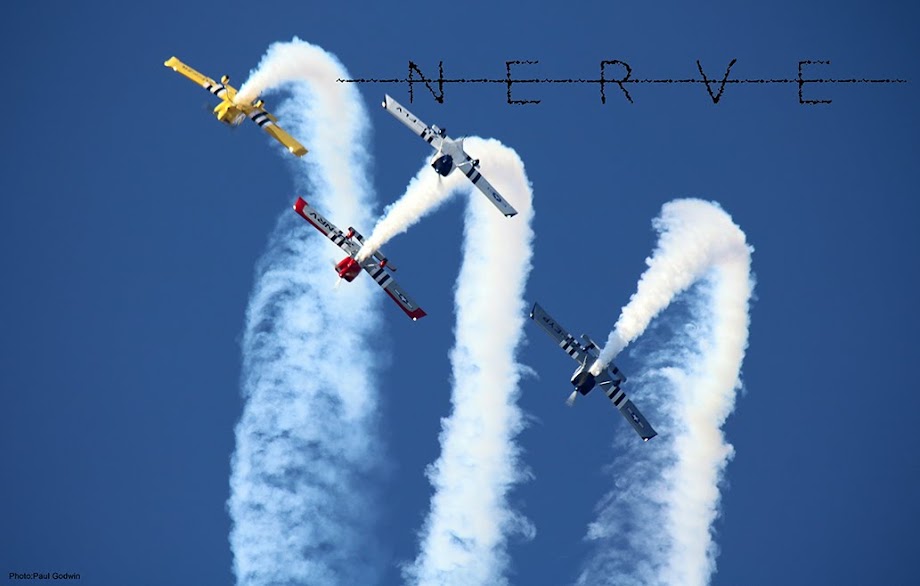 |
| A powerful speech from Sibulele Sibaca @GlobalFund HER Ambassador for SA talking about her journey after her parents died of AIDS-related illnesses |
Ahead of World AIDS Day 2018, the South African National AIDS Council (SANAC) on Thursday 29 November 2018 hosted a high-level national dialogue on sport and its impact, role, and opportunity for HIV prevention. World AIDS Day 2018 is an opportunity to harness the power of sport to reduce stigma and discrimination, increase education and empower young people to adopt healthy behaviours to prevent HIV in South Africa. The dialogue took place at the Brackenfell Action Sports Arena in Cape Town
SANAC recognizes that HIV incidence in youth, especially young women, is stubbornly high at around 1700 new infections per week. Research has found that knowledge of HIV amongst school learners is decreasing and we know that stigma and stereotypes persist amongst the youth. Now is the time to invest in what works.
“Millions of sports fans take part or watch sport every week in South Africa. Sport stimulates passion and has the capacity to unite us. It is also a powerful force for change and information sharing on issues such as HIV and tuberculosis (TB)” said Dr. Nevilene Slingers, SANAC Executive Manager for Resource Mobilisation.
In recent years an increasing array of projects have been leveraging the power of sport to promote inclusion, life skills, health, and educational messaging, to accelerate progress towards the sustainable development goals.
Global development partners, including the Global Fund to Fight AIDS, Tuberculosis and Malaria attended the dialogue, acknowledging the potential of sport as an impact booster for wider development interventions, particularly with vulnerable youth.
“A sports-based approach is a unique and innovative way to address adolescents’ evolving needs, engage them on their health, and support them to plan for their futures. We have evidence to show that sport works to increase knowledge, empower individuals, change attitudes, drive demand for health services, improve adherence, build self-esteem and build confidence amongst youth,” noted Western Cape MEC for Health Nomafrench Mbombo, who delivered the keynote address at the dialogue.
 |
| SANAC's Executive Manager Dr Nevilene Slingers “We can change the course of HIV in South Africa by using sport” |
Soccer player Thandani Ntshumayelo participated in the dialogue, raising awareness about substance abuse and sharing his story of turning his life around.
“More than ever, sport can be a catalyst in our society to improve quality of life and human well-being and help us move closer to ending HIV and TB,” concluded SANAC’s Dr Nevilene Slingers.
For more information, please contact Kanya Ndaki, SANAC Communications Manager 0832986100

